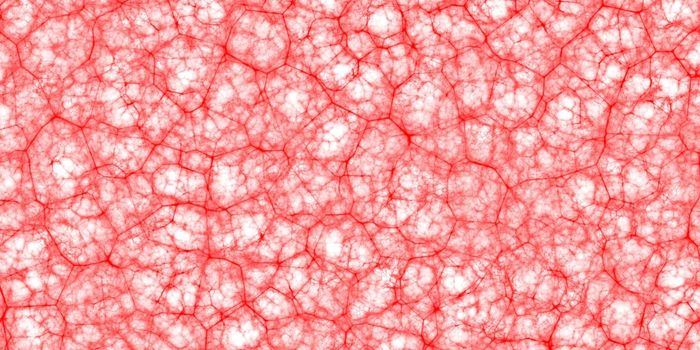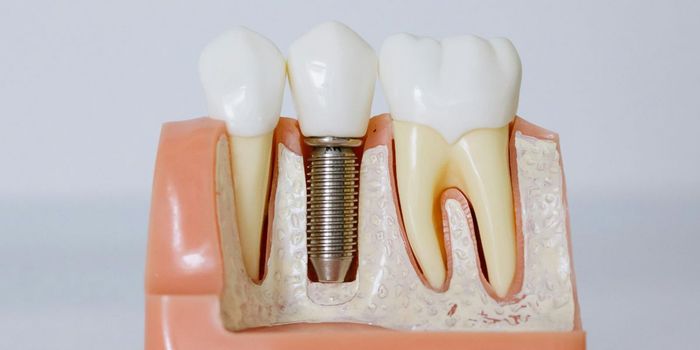Re-Evaluating a Popular Heart Failure Drug
A recent study found that the popular heart drug--sacubitril/valsartan—holds positive effects on the structure and function of the failing heart. Specifically, the mechanism of sacubitril/valsartan which is a combination angiotensin receptor-neprilysin inhibitor (ARNI) used to lower rates of death and hospitalization in certain types of heart failure patients—has long been misunderstood.
Now, in two clinical studies, PROVE-HF was led by James L. Januzzi, MD, a physician in the Division of Cardiology at Massachusetts General Hospital (MGH) and EVALUATE-HF led by Akshay S. Desai, MD, director of Cardiomyopathy and Heart Failure in the Cardiovascular Division at Brigham and Women's Hospital, researchers have focused on the key effect of ARNI used to reverse cardiac remodeling. Their study was published in the Journal of the American Medical Association and describes how their findings could lead to better management of this condition.
"Together, the PROVE-HF and EVALUATE-HF studies present compelling evidence that the established clinical benefits of sacubitril/valsartan in patients with heart failure and reduced ejection fraction may be related to improvements in cardiac structure and function," said Desai. "These trials suggest that sacubitril/valsartan may actually reverse the cardiac remodeling that drives heart failure progression and worsening of clinical outcomes."
"Significant improvements in cardiac structure and function, biomarkers of cardiac wall stress and injury, and overall quality of life in the patients treated with sacubitril/valsartan, compared to those treated with enalapril after just 12 weeks underscores the potent effect of sacubitril/valsartan on cardiac remodeling in heart failure," said Desai.
In heart failure patients, progressive cardiac remodeling affects the shape and size of the heart as well as the progressive stiffening of the aorta will contribute to a weakened heart function with symptoms such as shortness of breath, reduced exercise capacity, and fluid retention.
Learn more about heart failure:
"In remodeling, the heart gets larger and stiffer, making it more difficult for it to pump," says Januzzi. "Reversing remodeling can reduce those effects and lead to better function."
Findings showed that treatment with ARNI may hold unique improvements in cardiac structure and function and that these improvements were implicated in the reduction of the biomarker amino-terminal-pro-B-type natriuretic peptide (NT-proBNP) in the blood. The levels of NT-proBNP were known to be linked to fatality and heart failure hospitalization.
"An overwhelming number of patients showed improvement, and some people were all the way back to a normal ejection fraction level by the end of study," says Januzzi. "Our results suggest that ARNI therapy would be expected to benefit a wide range of patients suffering from heart failure with reduced ejection fraction.”
Source: Science Daily









